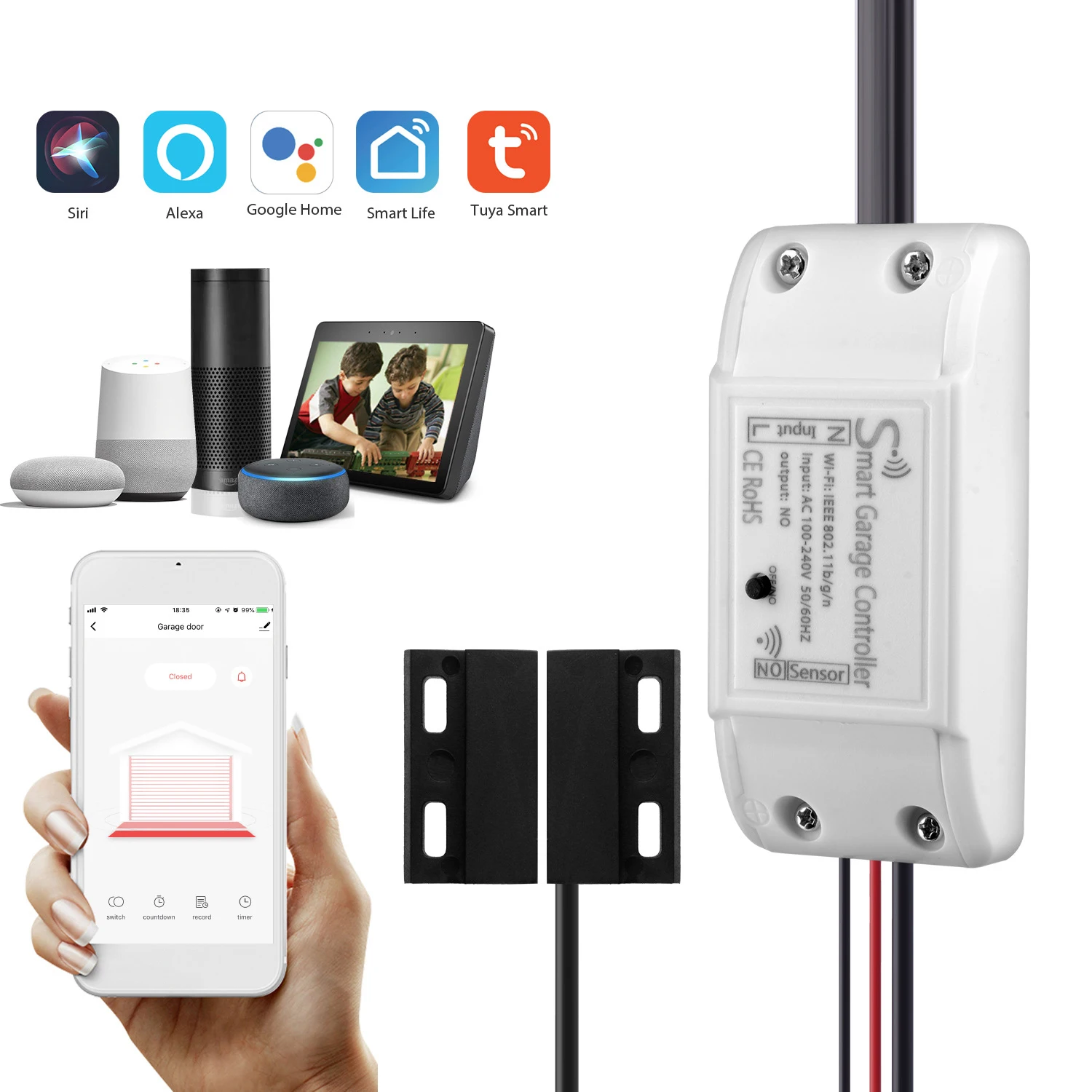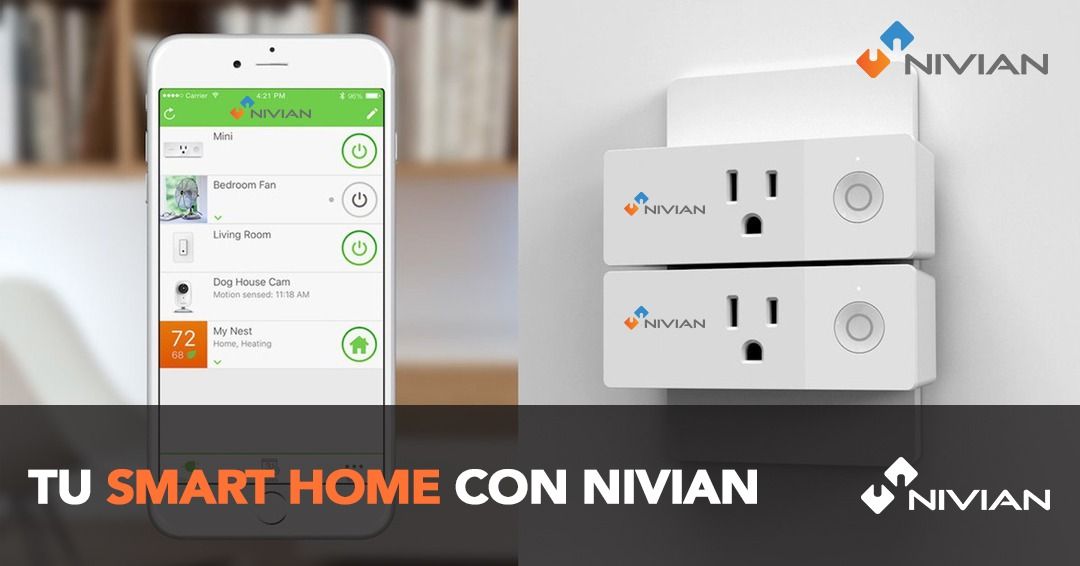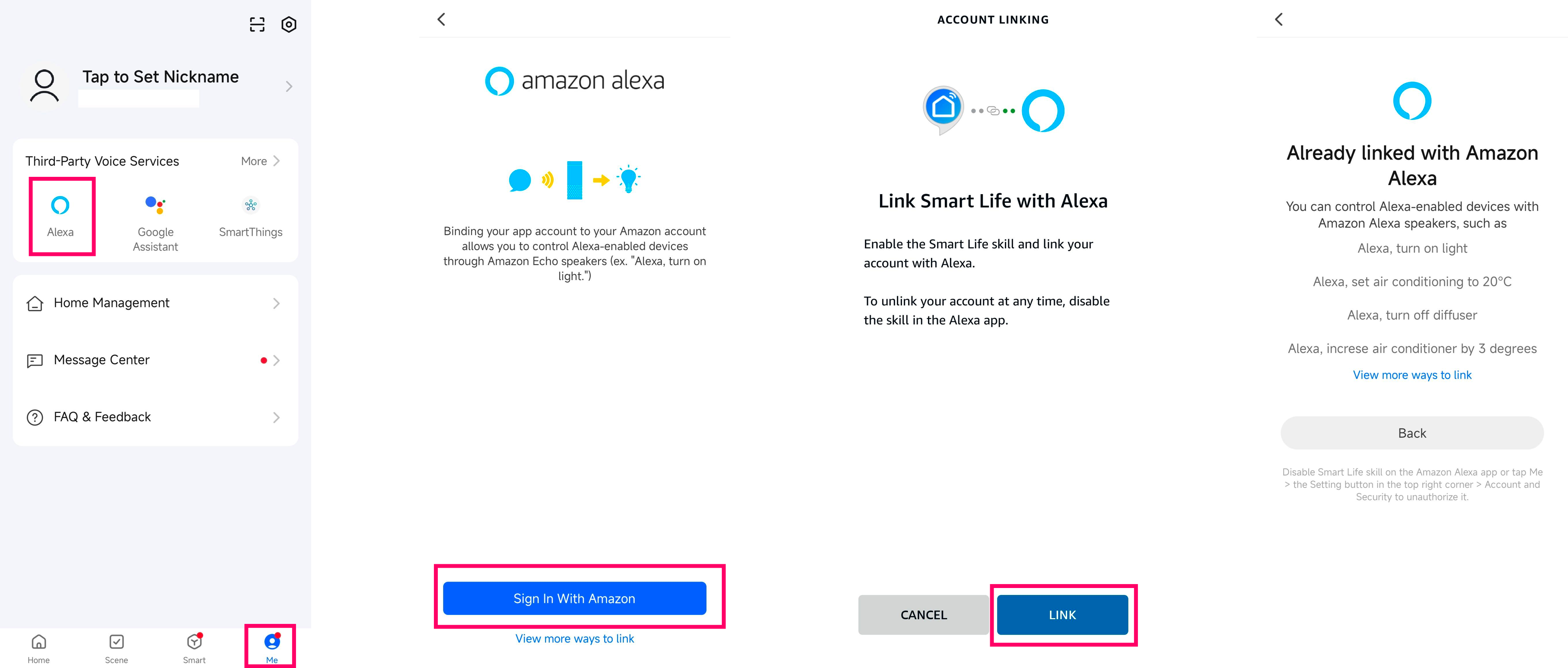
Voice Command Control | Ir Remote Controller | Tuya Wifi Ir | Alexa | Smart Remote Control - Smart Remote Control - Aliexpress

Wholesale Tuya Smart Garage Door Opener Controller WiFi Switch App Remote Control Timer Works with Alexa Google Assistant Voice Commands From m.alibaba.com

OOKWE Tuya Smart IR Remote Control Compatible with Alexa Googles Supports Wired Zigbee - Walmart.com

Amazon Alexa Voice Control Tuya Smart Life App 16a Universal Wifi Mini Smart Switch Breaker - Buy Tuya Smart Switch,Smart Wifi Breaker,Smart Switch Product on Alibaba.com

WiFi Smart Plug, Bibikoo Local Voice Control, Remote Tuya Smart App, Voice Control Start Pairing, Smart Outlet Socket Works with Alexa and Google Home, Timer, Group Control, 2.4G WiFi, FCC/UL (1): Amazon.com:

Automatic irrigation intelligent system, manual drive/ wifi compatible with Tuya, Alexa and Google Home – Domoticamente smart

Wifi Ir Remote Control Tv Box Tuya Smart Life With Alexa Echo Dot Yandex Alice Station Google Home Voice Command Portuguese | Lazada.co.th

Alexa Google Voice Command Tuya Smart FHD Outdoor WiFi Enabled Video Doordell Camera 4000mAh Rechargeable Battery with USB Chime _ - AliExpress Mobile


















